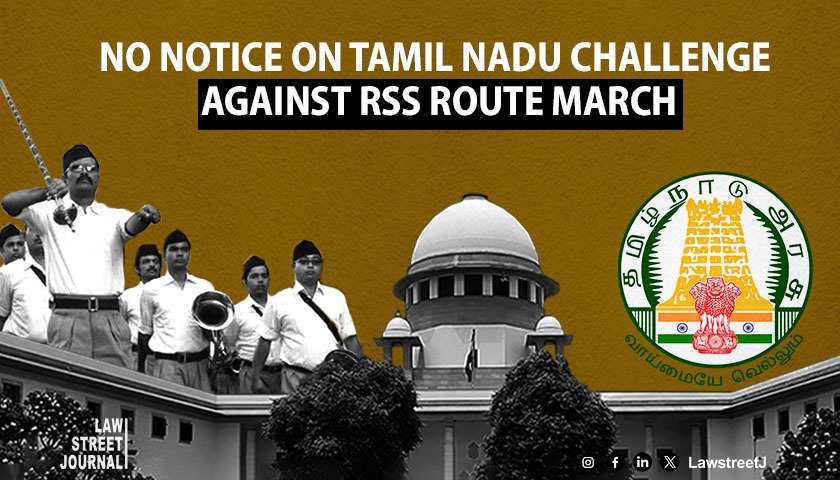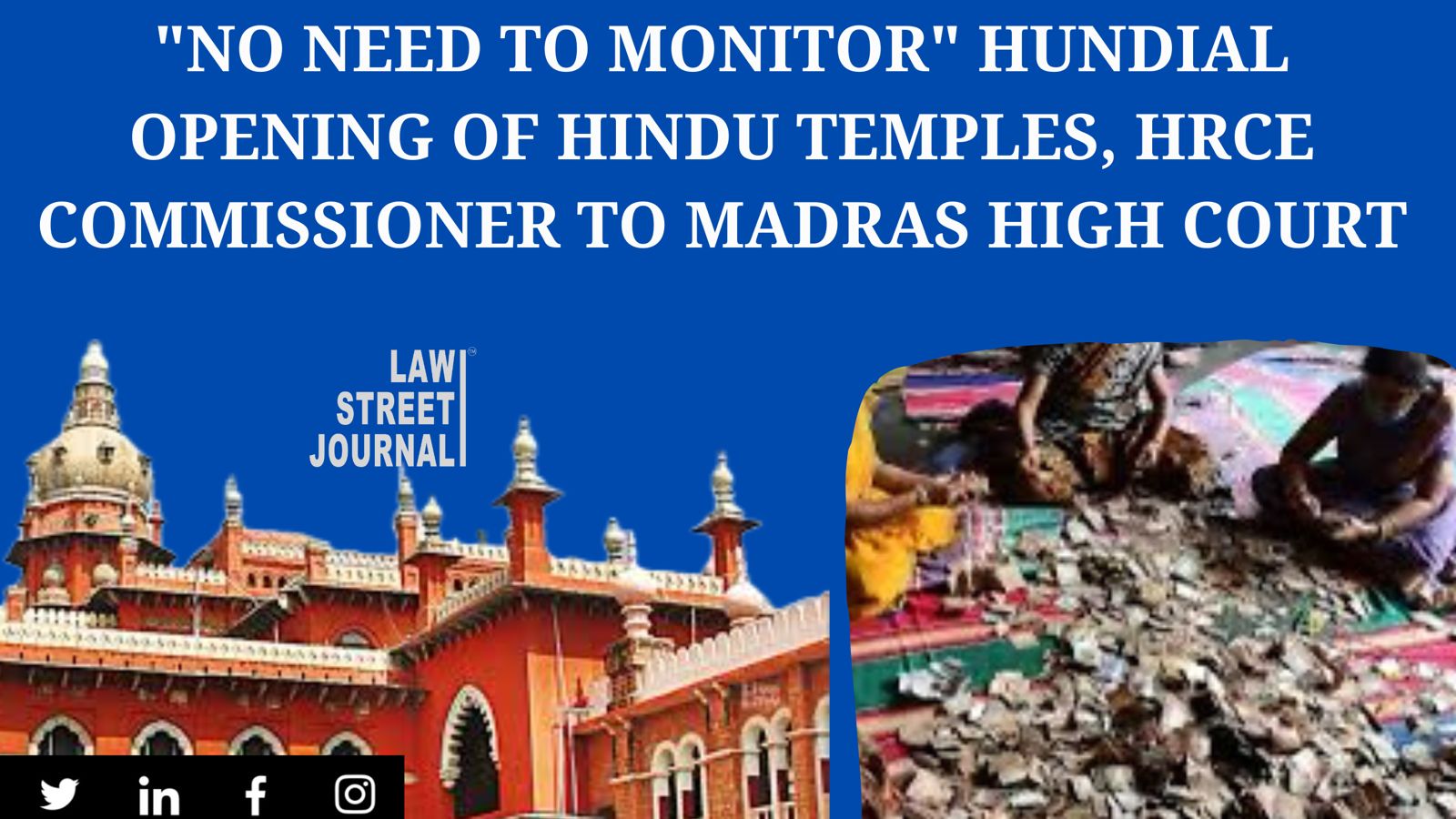Chennai: The Madras High Court has delivered a significant judgment, ruling that in divorce petitions filed on the grounds of adultery under the Hindu Marriage Act, 1955, the alleged adulterer must be impleaded as a co-respondent. The court emphasized the importance of natural justice and procedural fairness.
Madras High Court’s Landmark Ruling on Adultery in Divorce Cases
A division bench comprising Justice G.R. Swaminathan and Justice R. Poornima made crucial observations on the necessity of including the alleged adulterer in divorce proceedings and its legal implications.
The court addressed Civil Miscellaneous Appeal No. 434 of 2019, which challenged a Family Court order granting divorce on the grounds of adultery. The court posed a key question: “The question that calls for consideration is whether, in a petition filed for divorce on the ground of adultery under the Hindu Marriage Act, 1955, the alleged adulterer must be impleaded as a co-respondent?”
Why Alleged Adulterers Must Be Impleaded in Hindu Marriage Act Petitions
Addressing this issue, the court observed: “If the petitioner is aware of the details of the alleged adulterer, he or she must be made a co-respondent. Failure to implead would be fatal, and the petitioner will have to be non-suited summarily at the very threshold.”
Explaining the rationale behind its decision, the court stated: “Accepting the case of the petitioner suing for divorce on the ground of adultery would result in casting stigma and aspersion on the character of the person with whom the respondent is said to have had an adulterous relationship. An opportunity ought to be given to the said individual to disprove the allegation made by the petitioner.”
The court further clarified: “If, according to the petitioner, the name of the adulterer or adulteress is not known, or if the alleged adulterer or adulteress is deceased, the petitioner can be excused from the requirement of impleading the alleged adulterer. However, the petitioner must obtain leave from the court to be so excused.”
Emphasizing the broader impact of its ruling, the court stated: “If making the alleged adulterer a co-respondent is made mandatory, one would think twice before putting forth baseless allegations.”
The court also acknowledged the divergent views among various High Courts across India, including Delhi, Madhya Pradesh, Karnataka, Andhra Pradesh, and Telangana, before taking what it described as a “nuanced stand” on the issue.
In the specific case before it, the court noted: “The alleged adulterer, namely, [name], was not made a party, and the contents of the petition filed in HMOP No. 165 of 2017 by the husband do not satisfy the requirements of Rule 4(a)(vi). The allegations are vague.” Consequently, the court set aside the divorce order.
Counsel Representation:
For the Appellant: Mr. P. Aju Tagore, Advocate
For the Respondent: Mr. S. Bharathy Kannan, Advocate




![Madras High Court Directs Tamil Nadu Government to Ensure Quota for Transgenders in Local Body Elections [Read Order]](/secure/uploads/2023/08/lj_2507_7a03d113-08b1-4670-b6fb-9058aee481d0.jpg)








